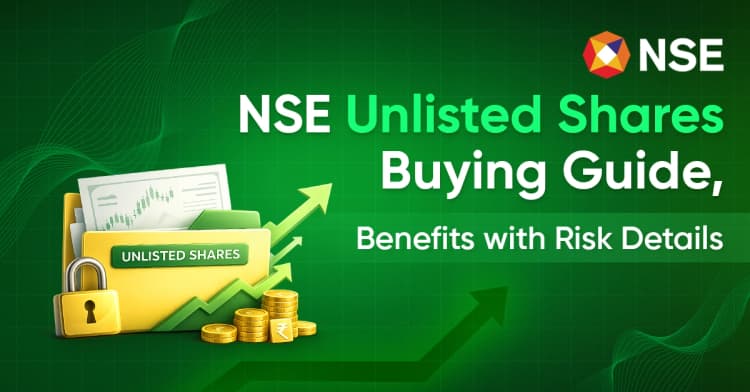

The anticipated IPO of HDB Financial Services Limited has spurred significant interest in the unlisted market. While pre-IPO shares offer potential gains, investors should be aware of regulatory lock-in periods and valuation risks to make informed decisions.
The buzz surrounding the expected initial public offering (IPO) of HDB Financial Services Limited Unlisted Shares, a subsidiary of the HDFC Group, has created a frenzy in the private market. Projections indicate a strong investor demand exceeding $10 billion for the IPO. The anticipation of a premium listing price, initially estimated at Rs 740 per share, has led to increased trading activity in the unlisted market.
Prior to the IPO announcement, the share price of HDB Financial Services Limited Unlisted Shares surged to as high as Rs 1,250. Small brokers capitalized on the excitement by selling shares in small lots to retail investors eager to capture listing gains. However, many of these investors faced unforeseen challenges due to a lack of awareness regarding regulatory guidelines.
At the time of the IPO, HDB Financial Services had a substantial base of 49,364 shareholders, collectively holding a 5.44% stake. According to regulations set by the Securities and Exchange Board of India (SEBI), these pre-IPO shares are subject to a mandatory six-month lock-in period starting from the date of the red herring prospectus (RHP) filing. The imposition of this lock-in period has had a cascading effect. Investors who were unaware of this restriction found their shares temporarily untradeable. Simultaneously, the IPO pricing, significantly lower than the inflated private market price, triggered a price correction in the unlisted market, driving the share price down to approximately Rs 800. Those who acquired shares at higher prices now face mark-to-market losses and remain vulnerable to market fluctuations during the lock-in duration.
This situation underscores the potential risks associated with investing in unlisted shares solely for speculative profits. These shares do not come with counterparty guarantees, and assessing their true intrinsic value is difficult due to limited financial disclosures and a lack of transparent valuation metrics. Retail investors are generally advised to participate in IPOs through official channels monitored by stock exchanges. If an allotment is not received, investors can consider acquiring the stock post-listing after evaluating its performance and stability. Seasoned investors often emphasize that a fundamentally sound company is worth investing in for the long term, irrespective of short-term market volatility.
The HDB Financial Services Limited Unlisted Shares IPO serves as a cautionary tale for private market investors. While the anticipation of an IPO can drive significant activity and potential gains, it's critical to approach these investments with caution and due diligence. Understanding regulatory constraints, such as lock-in periods, and conducting thorough valuation analysis are essential steps in mitigating risk. Investors should prioritize official IPO channels to ensure transparency and security. Furthermore, taking a long-term investment perspective, based on a company's fundamental strength rather than speculative short-term gains, is always prudent.
Looking ahead, the long-term performance of HDB Financial Services will depend on its ability to execute its business strategy, navigate regulatory landscapes, and deliver sustainable growth. For investors, this means staying informed, conducting thorough research, and making decisions aligned with their investment goals and risk tolerance.


